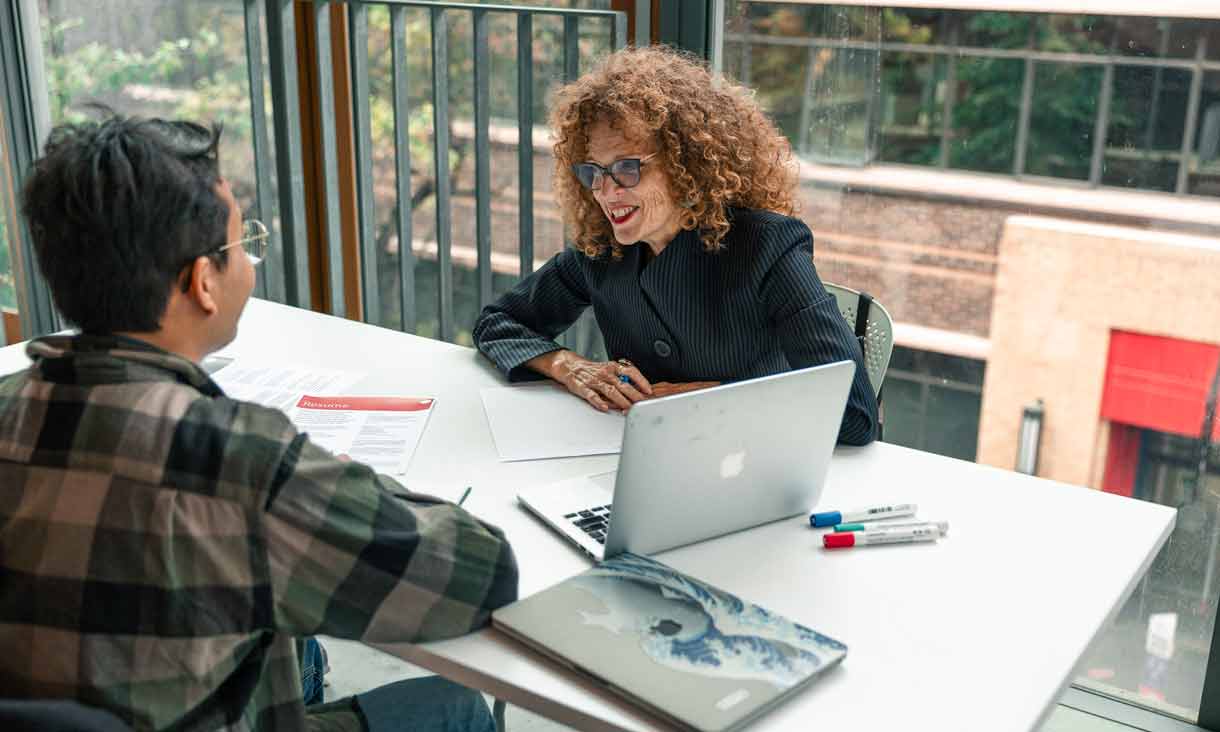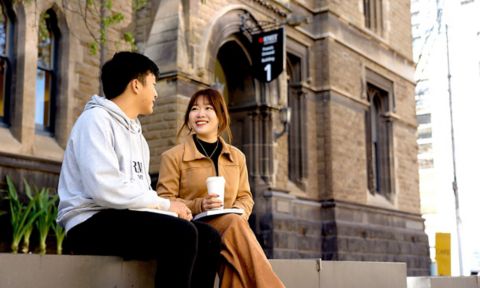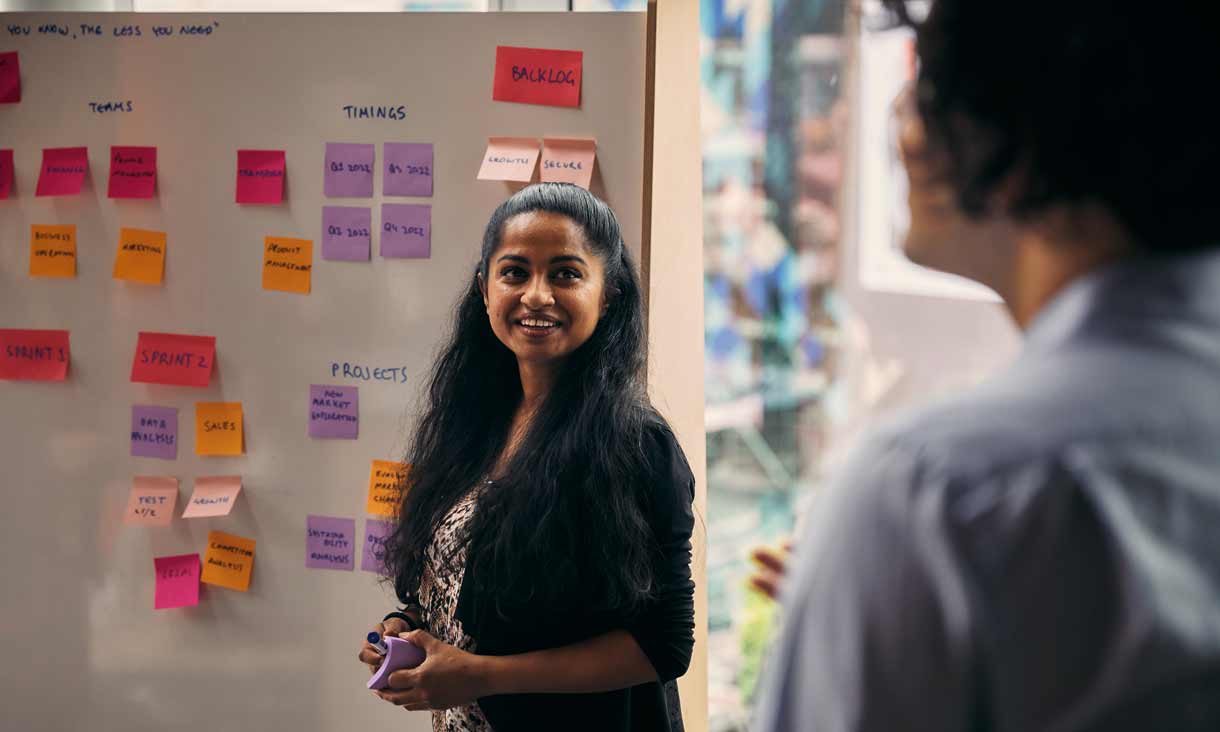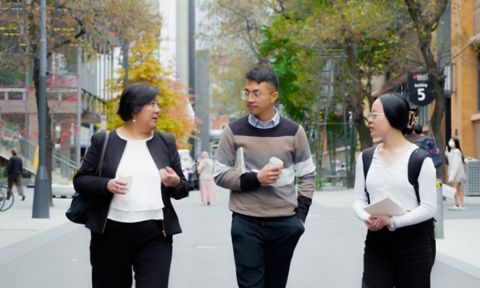
Jeanette Winterson: Forty Years of Storytelling
RMIT University and The Wheeler Centre are proud to present one of the world's most celebrated and versatile writers for an exclusive Melbourne appearance, reflecting on her extraordinary career and its lasting impact.

Colm Tóibín: From Brooklyn to Long Island
One of Ireland's most celebrated writers appears in Melbourne for one night only to reflect on his extraordinary career and discuss his latest novel, Long Island, presented by RMIT University in partnership with The Wheeler Centre and Melbourne Writers Festival.

Land, Legacy & Loss: Greek Cinema and the Environment
RMIT's The Best Films You've Never Seen series presents 'Land, Legacy & Loss: Contemporary Greek Cinema and Environmental Crisis', a very special screening event exploring contemporary Greek cinema's engagement with environmental crisis and the tensions between tradition and progress.




